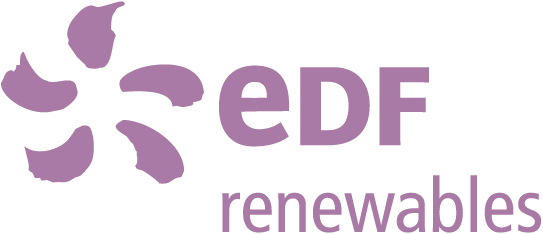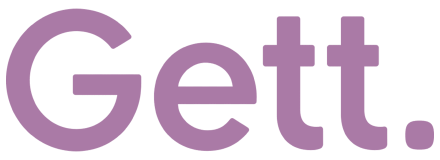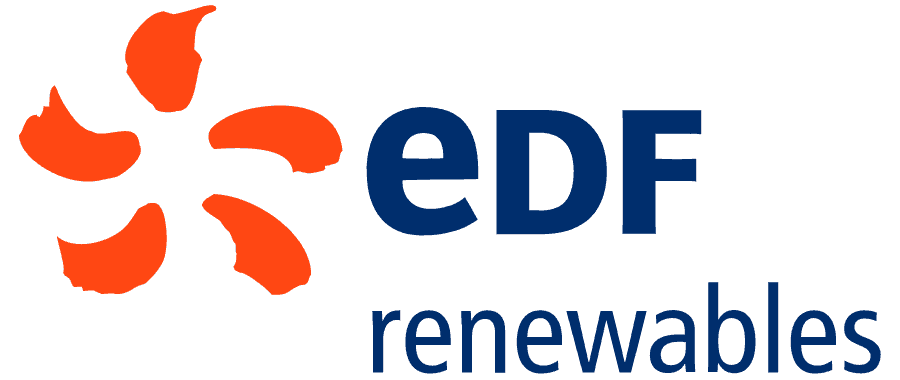
The Malbek Difference
Why Malbek?

Simplify CLM complexity
We empower our customers with a dynamic, centralized, and transparent contract lifecycle management platform, enabling them to distill critical insights from contracts for actionable decision-making and peak profitability.
Accelerate contracting velocity
Build and launch contract and approval processes with ease. From intuitive workflows and seamless approvals to swift contract generation, our platform empowers enterprises to navigate contracts with unprecedented speed, ensuring efficiency, compliance, and strategic impact at every turn.


Unite global teams and improve collaboration
Malbek seamlessly integrates with your favorite business apps: Salesforce, Hubspot, SAP, NetSuite, Slack, Coupa, OneTrust, Adobe Sign, DocuSign, and more. By connecting your CLM system with the rest of your business, you can maintain a single source of truth and streamline your operations.
Improve decision-making and minimize risk
Eliminate time-consuming, manual tasks that take away from high-value objectives. With Malbek AI infused throughout the contracting process, gain immediate access to timely contextual insights and recommendations to have the greatest impact on your business. Streamline negotiations and shorten review cycles.

Driving meaningful impact.
Malbek by the numbers
90%
Recommend Malbek to friends
93%
Say Malbek enables and enhances productivity.
99%
Integrate with other enterprise applications.
93%
love our support and quality and availability of training.
Customer Snapshot
Innovative, global businesses trust Malbek












When you’re successful, we’re successful.
Raving Fans

“We now have the ability to help us put together processes to stay in compliance for all of our contracting and procurement needs. Our past product was outdated, unfriendly, and nobody wanted to use it, and we couldn’t make improvements. Malbek blew everyone out on the demos! We can now oversee and track notifications and deliverables with a user-friendly system and is the best CLM system on the market.”

Allison Ramirez
Sr. Contract Manager
“Flexible and fast CLM! Salesforce integration was set up in minutes and I can now map new fields when business needs change, without any help from IT. Ability to search both structured and unstructured data is key. I can just search a word or phrase and find if any of our contracts contain it. We had a very successful and smooth implementation and the continued support from the vendor has been great!”

Adrienne Schaal
Director, Legal Operations

“The money we spent on this system has come back tenfold! With Malbek’s CLM, we now know 90 days before an expiration date, when a customer would be up for renewal so we can start to engage those customers and have those conversations. This was a huge advantage to implementing Malbek’s CLM…The reason you want to choose Malbek is the people behind it. They take ownership in their customer relationships, they respond quickly, and they make it easy to use their tool.”

Jeff Peduto
SVP, Operations
From creation and management to storage and milestones, streamline enterprise-wide contract lifecycle management, mitigate risk, and unite teams at scale.
Get a Demo


